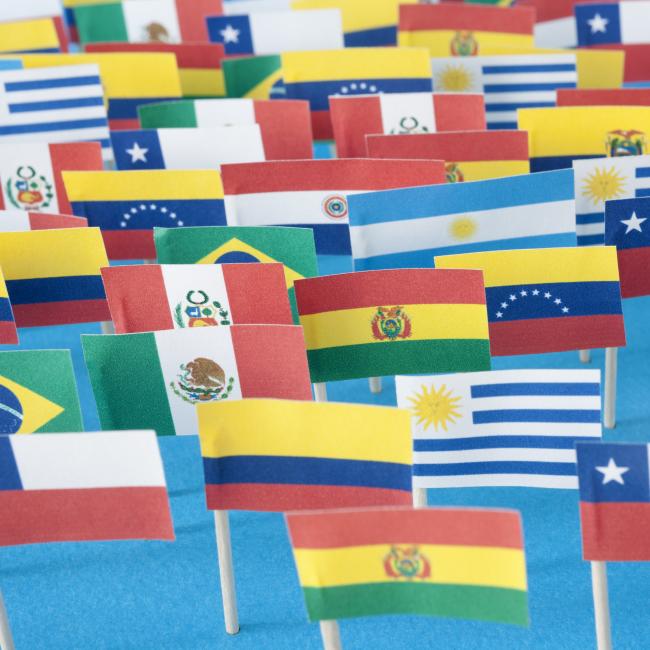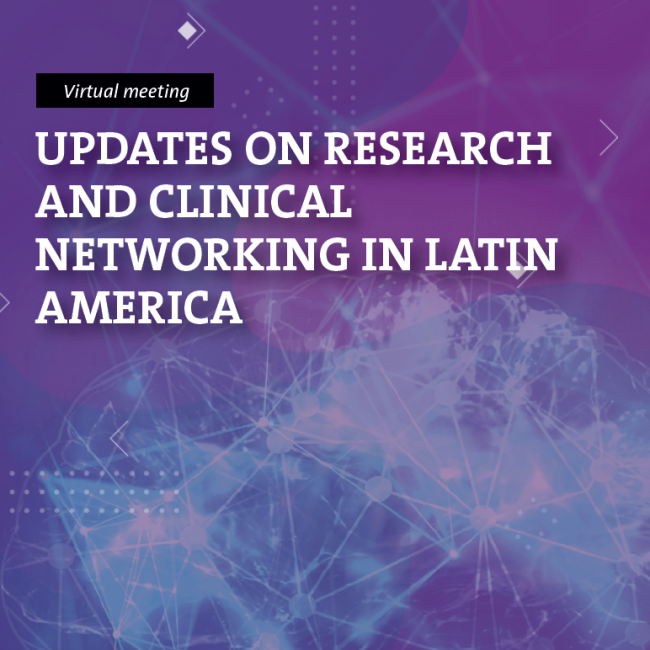Latin American Brain Health Institute Aims to Reduce the Scale and Impact of Dementia
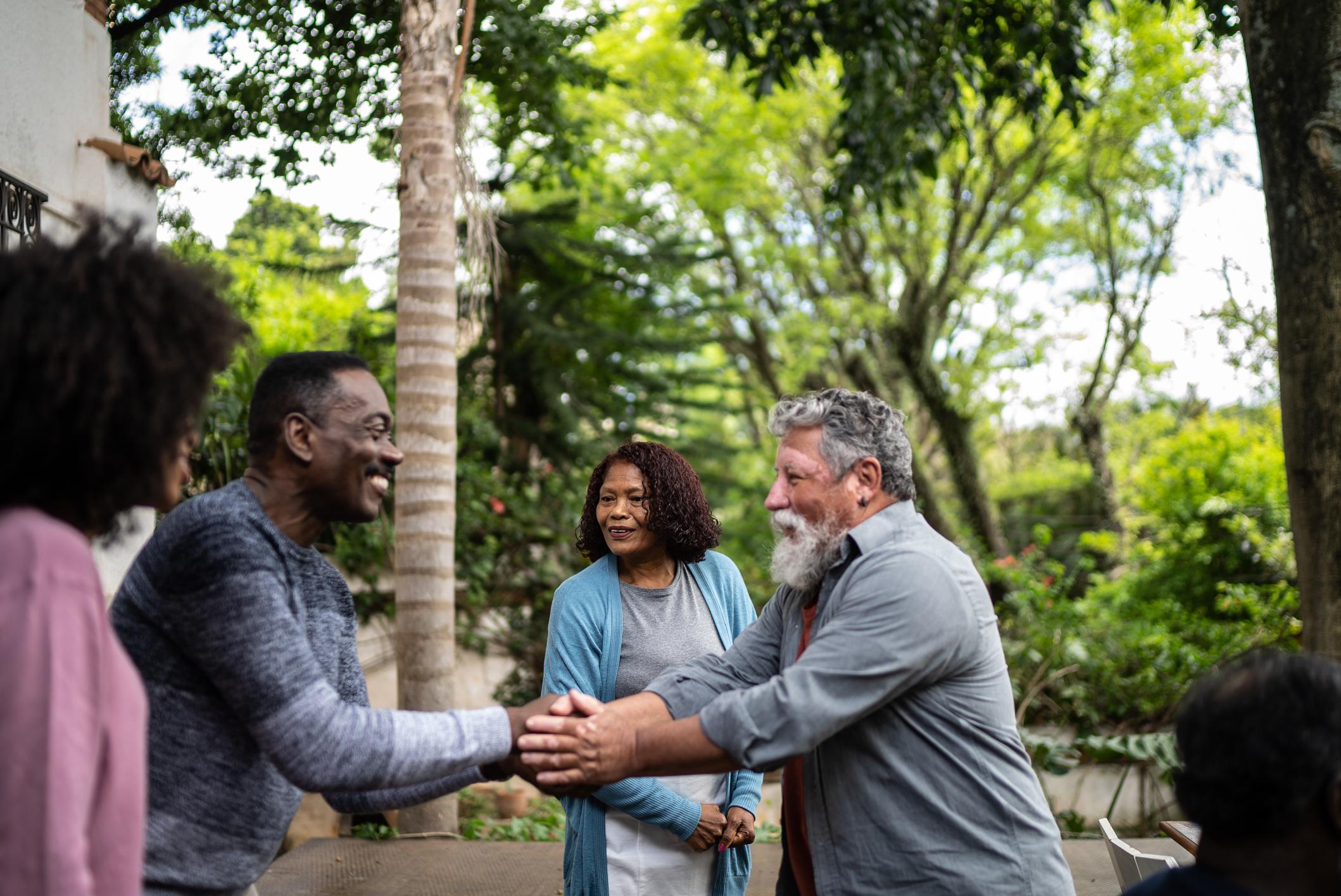
The University Adolfo Ibáñez (Chile) in partnership with the Global Brain Health Institute (GBHI) at the University of California, San Francisco (UCSF), and Trinity College Dublin (Trinity) has launched the first institute in Latin America devoted to research, capacity building, implementation science, and education on brain health and dementia.
Featured in the latest Alzheimer's & Dementia: Journal of the Alzheimer's Association, the Latin American Brain Health Institute (BrainLat) aims to empower innovative brain health research leaders across Latin America in collaboration with leading centers worldwide.
Challenges in Latin America
Latin America faces increasing challenges, including fragile and disconnected health care and development systems, overburdened public health organizations, unstable economies, substantial social inequalities, caregiver burden, limited funding/research infrastructure, and lack of training.
Worldwide the number of people with dementia is projected to increase from 57 million cases in 2019 to 152 million cases in 2050, according to recent projections published in The Lancet Public Health. The increase will be most stark in low and middle income countries which will account for more than two thirds of cases by 2050. Latin America is a region that will likely be highly impacted by the shift.
“The launch of BrainLat is a remarkable milestone, as it may help to coordinate and synergize multiple ongoing initiatives in research, capacity building, and implementation science in the region, said Agustin Ibanez, Argentinian neuroscientist, Atlantic Fellow for Equity in Brain Health at GBHI, associate research professor at Trinity and Director of BrainLat.
Boosting Opportunities for Discovery and Learning
Regional capacity building is a core goal of BrainLat, as illustrated by ongoing support of the Latin America and Caribbean Consortium on Dementia (LAC-CD) and the Multi-Partner Consortium to Expand Dementia Research in Latin America (ReDLat).
“Our Institute will boost local, regional, and international research on brain health and dementia to increase the prevention, interventions, and multidisciplinary developments” said Claudia Duran-Aniotz, Chilean neuroscientist, co-director of BrainLat and first author of the publication.
Another core goal of BrainLat relies on increasing education and training through three novel programs, including the BrainLat fellowship for brain health, inspired by the Atlantic Fellows for Equity in Brain Health program; a research-oriented PhD Brain Health program; and a European-Latin American Brain Health Academy (ELBHA) will bring innovative educational modules for use by multiple professional groups.
Finally, the long-term goal of BrainLat is to foster multilateral efforts via capacity building, implementation science and diversity. Through a combination of interdisciplinary innovation, collaboration, and creativity, BrainLat will work in partnership with GBHI and other leading centers to transform the local challenges into global opportunities for brain health.
“BrainLat will enable building a network of aligned professionals with a common goal that will have more leverage to negotiate with the government for a dedicated fund for dementia prevention,care, and research,” said Lea T. Grinberg, Brazilian neuroscientist at UCSF and GBHI. “Hopefully, the institute will help to improve diversity in leadership.”
Co-Authors
Please refer to the paper.
Acknowledgements
The authors thank the patients, families, policy makers, non-governmental organizations, and health professionals across Latin America that every day fight against dementia and poor brain health conditions. This work is partially supported by grants from the Multi-Partner Consortium to Expand Dementia Research in Latin America (ReDLat, funded by the National Institutes of Aging of the National Institutes of Health under award number R01AG057234, an Alzheimer's Association grant [SG-20-725707-ReDLat], the Rainwater Foundation, Alector, and the Global Brain Health Institute); Takeda CW2680521; CONICET; FONCYT-PICT (2017-1818, 2017-1820); ANID/FONDECYT Regular (1210195, 1210176, 1220995, 1210622, 443865, 1191726); ANID/FONDAP (15150012); ANID/PIA/ANILLOS ACT210096; ANID/FONDEF ID20I10152; and Alzheimer Disease Association 2018-AARG-591107. The content is solely the responsibility of the authors and does not represent the official views of these institutions.
GBHI Members Mentioned
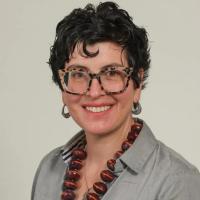
Lea Tenenholz Grinberg, MD, PhD
Neuropathologist and Neuroscientist
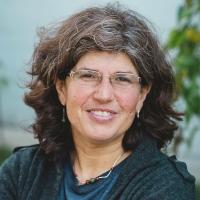
Andrea Slachevsky, MD, PhD
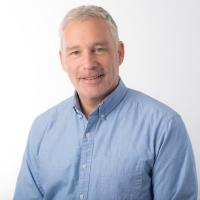
Victor Valcour, MD, PhD
Site Director, University of California, San Francisco
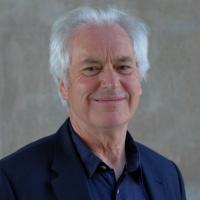
Ian Robertson, MPhil, PhD, FTCD
Founding Director, Trinity College Dublin

Brian Lawlor, MD, FRCPI, FRCPsych, MRIA
Founding Director, Trinity College Dublin

Bruce Miller, MD
Founding Director, University of California, San Francisco
